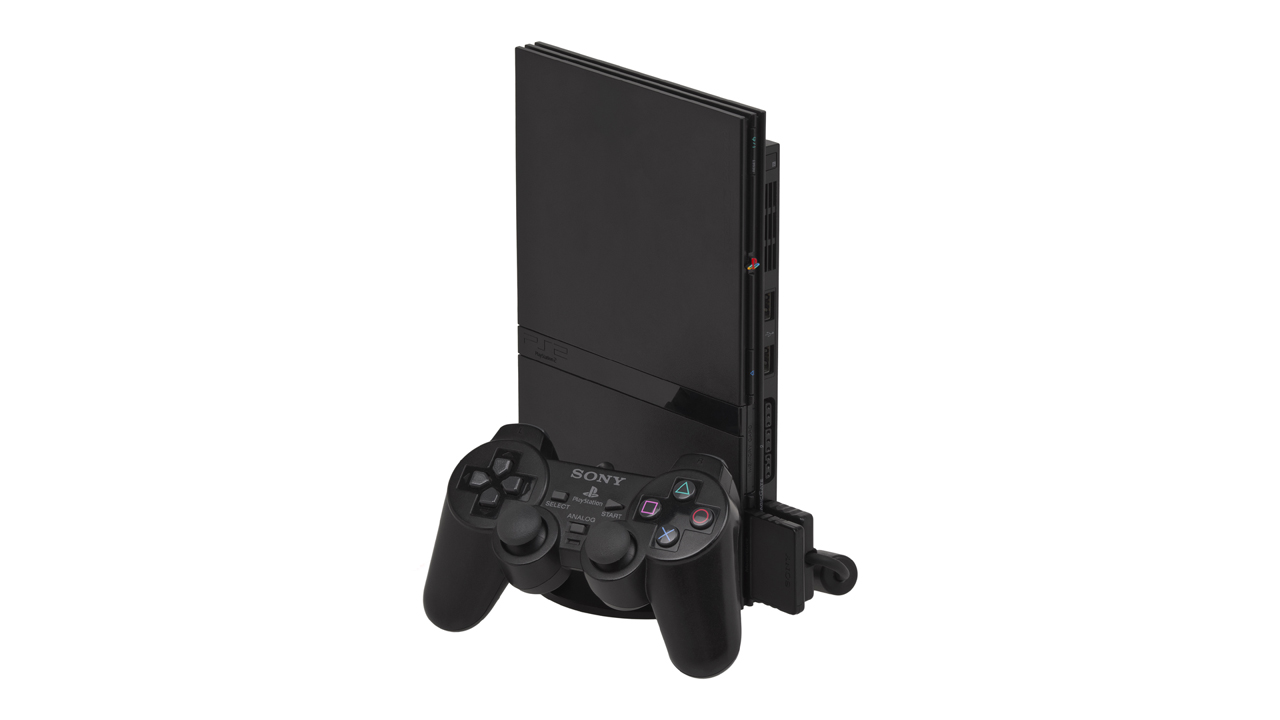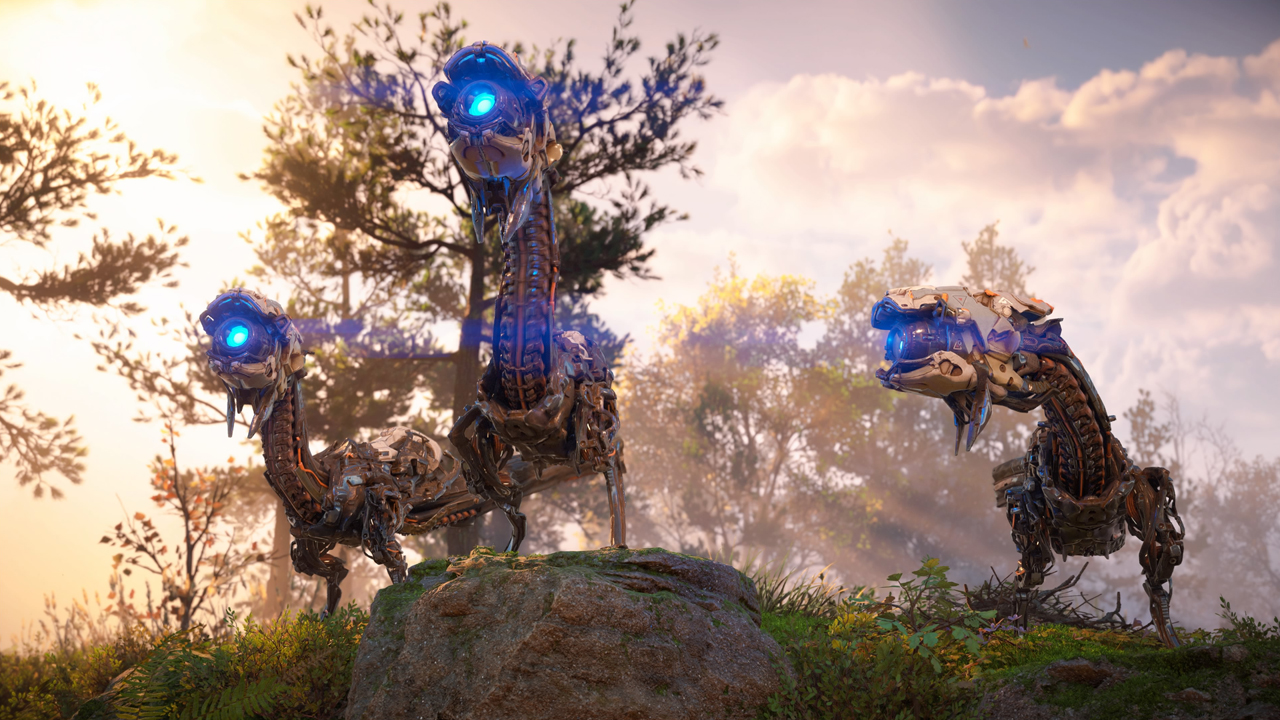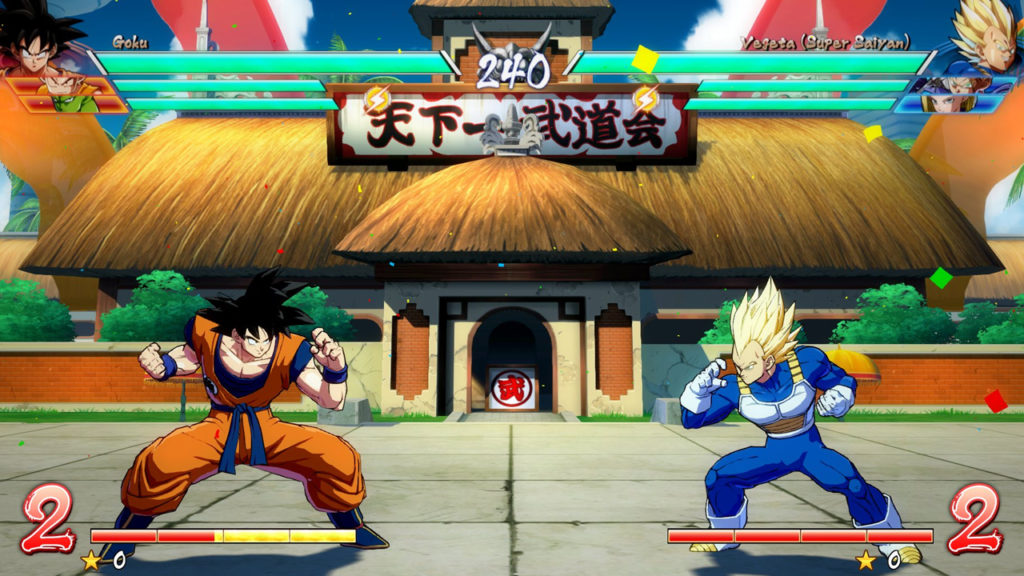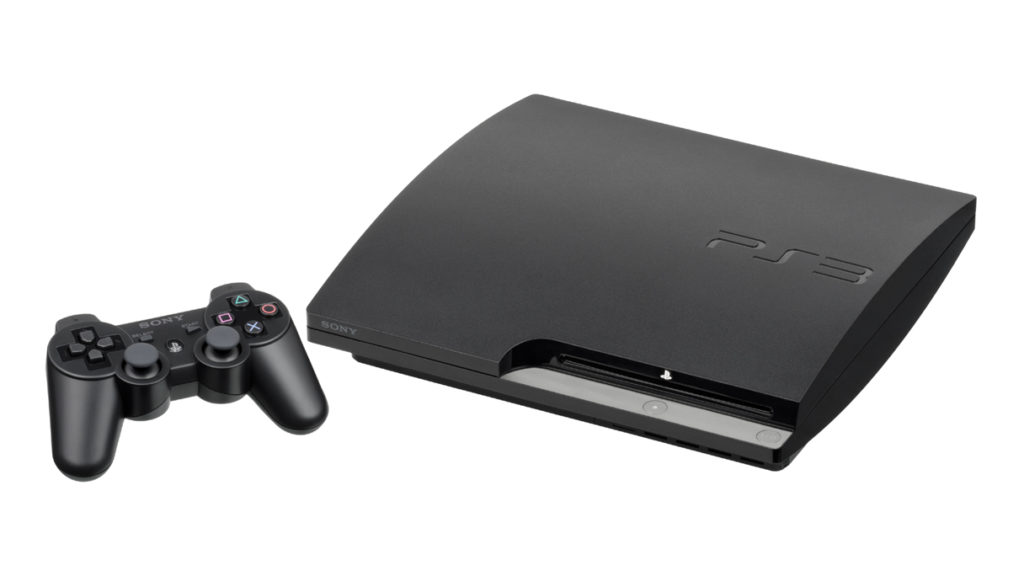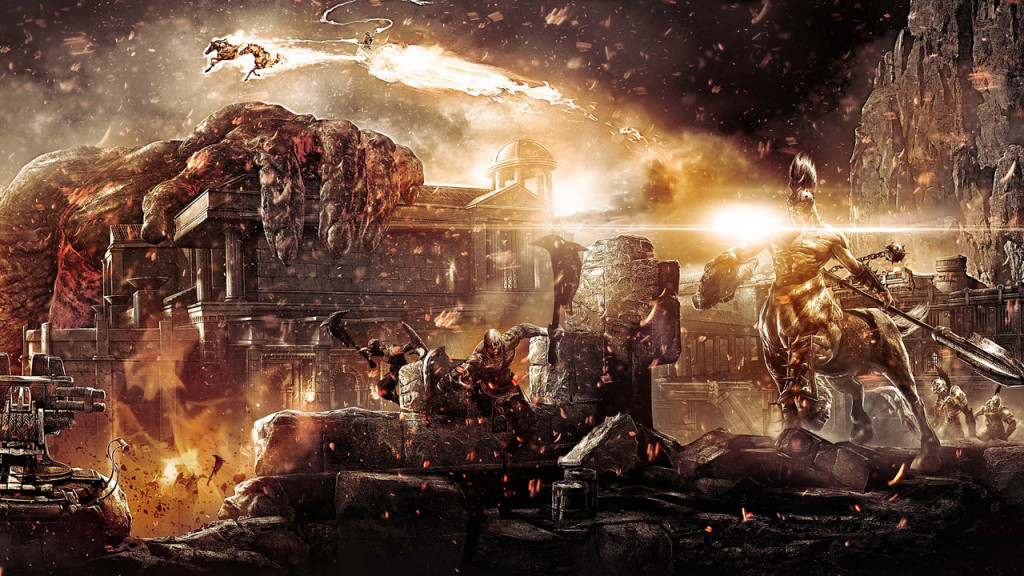Well, it's another 12-year anniversary today and that means it's time once again for a retrospective of one of the great consoles of recent gaming history. This time around we have the distinct pleasure of taking a look back at the somewhat-remarkable run of Sony's PlayStation 3. Though news of its release came with lofty expectations, a series of unfortunate decisions over its lifetime (particularly at the start) did keep it from becoming the console titan it was meant to be. Despite this however, an extremely solid and varied library, along with a couple of strategically competitive moves allowed it to still finish out the generation neck and neck with the competition.
Coming off of the runaway successes that were the PS1 and PS2, it seemed as though Sony could do no wrong. Regrettably for them however, this was not the case. In the years and months leading up to the launch, Sony made a series of blunders that all contributed to a less-than-stellar start. For starters, they let Microsoft beat them to launch with the Xbox 360, a full year before the PlayStation 3 would be released. This gave the 360 plenty of time to carve out a decent foothold in the market and prove itself worthy of gamers hard-earned dollars. In addition, Sony selected the uniquely designed Cell processor for their system, which, while theoretically capable of delivering better graphics than the Xbox's more traditional Xenon processor, didn't really do so in practice. Making matters worse was the fact that the Cell's unorthodox design initially caused many third-party developers to struggle to deliver games that looked even as good as the 360 versions.
As if those two shortcomings weren't bad enough, there were two arguably even bigger issues with Sony's system. At the time Sony announced the PS3 to the world, they were in the midst of a legal dispute over the vibration technology in their controllers. As a result, the PS3 ended up having to launch without it. At that point in time, vibration had already been an industry standard for nearly two generations and was utilized with both the PS1 and PS2. More importantly, the previous year's Xbox 360 had it (and even the upcoming Nintendo Wii was advertising it). Sony was eventually able to settle the dispute and release a vibration controller for their new system, but not until almost a year and a half after the PS3 had already been released.
Finally, the most egregious error Sony made was with the price. Whereas the 360 was competitively priced, the PlayStation 3 was anything but. Questionable design decisions, such as their risky gamble to go with their expensive new (and not yet industry standard at the time) proprietary Blu-ray disc format, as well as the inclusion of additional internal hardware to enable backward compatibility for PlayStation 2 games, drove production costs through the roof. This resulted in a significant price disparity between the PlayStation 3 and the Xbox 360, to the tune of 125 to 200%, depending on which models you were comparing. This means that in some cases Sony was asking for twice as much money as the competition, for a system that, to many gamers, was an arguably inferior offering.
Thankfully, despite these regrettable decisions, Sony was eventually able to turn the system's fortunes around. Shortly before correcting their embarrassing lack of a basic vibration controller, Sony pursued an aggressive (and costly) campaign to ensure that their Blu-ray technology did in fact become the industry standard. Then, starting in 2007, Sony also began selling PS3s with revised hardware configurations (such as the lack of an ability to read PS2 discs) in order to bring costs down. All of these measures together, in addition to the ever-increasing strength of exclusives available for the console, managed to change the PlayStation 3's reputation from a largely unnecessary exercise in extravagance to a genuinely compelling and competitive entertainment machine.
That library, in particular, is what we're here to talk about. And while it was a bit difficult to limit this list to just these 12, it's hard to argue that they're not all fantastic titles. So without further ado, here are 12 of the very best reasons to have owned a PlayStation 3:
Read more

